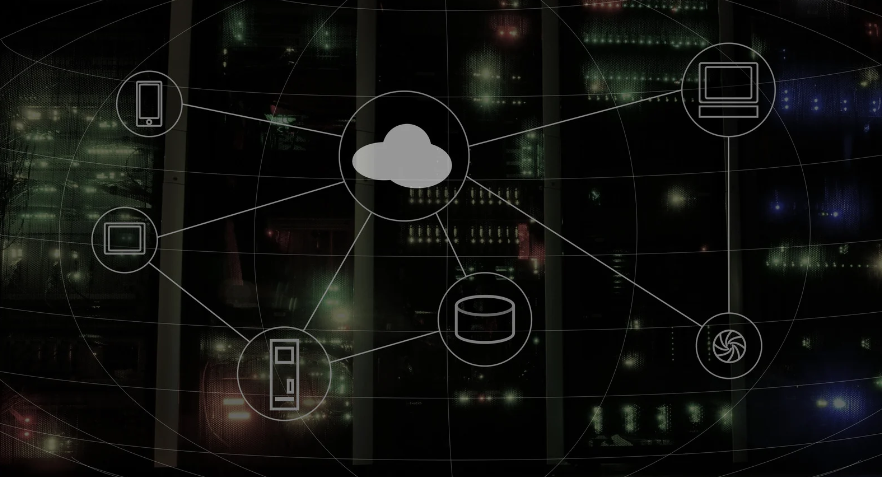
Understanding IP Addresses (IPs) for Building Strong Security Skills
Introduction
In today’s digital age, understanding the fundamentals of computer networks and security is crucial. One of the fundamental concepts in this domain is IP addresses (IPs). In this blog, we will explore what IP addresses are, their significance in networking, and how they contribute to learning and developing robust security skills.
What is an IP Address?
An IP address is a unique numerical label assigned to each device connected to a computer network. It serves two primary functions: identifying the host or network interface and providing the location of the device in the network.
IP addresses come in two versions: IPv4 (Internet Protocol version 4) and IPv6 (Internet Protocol version 6). IPv4 addresses consist of four sets of numbers separated by periods (e.g., 192.168.0.1), while IPv6 addresses use a hexadecimal format (e.g., 2001:0db8:85a3:0000:0000:8a2e:0370:7334).
Importance of IPs in Networking
IP addresses play a critical role in networking, enabling devices to communicate and exchange data across networks. They allow routers and other network devices to route traffic to the correct destination, ensuring data reaches the intended device.
Moreover, IP addresses contribute extensively to security practices and techniques. They facilitate the implementation of firewall and access control rules, enabling administrators to monitor and filter network traffic based on source and destination IP addresses. Understanding IP addresses is vital for tasks like network troubleshooting, subnetting, and analyzing network traffic patterns, all of which are crucial elements of developing strong security skills.
Learning Security Skills with IP Addresses
- Network Mapping and Scanning: Understanding IP addresses helps security professionals identify and map devices and networks. Conducting network scans and analyzing IP addresses allow security analysts to detect potential vulnerabilities and devise strategies for securing the infrastructure.
- Intrusion Detection and Prevention: IP addresses are key elements in identifying potential threats and intrusions. Monitoring incoming and outgoing traffic based on IP addresses helps security experts recognize suspicious activities and initiate appropriate countermeasures.
- IP-Based Authentication: Many security systems rely on IP addresses for authentication and access control. Knowledge of IP addressing is vital in setting up secure network connections, implementing IP-based access controls, and ensuring authorized access to critical resources.
- Digital Forensics: Investigating security incidents and conducting post-incident analysis often involves analyzing IP addresses to trace the origin of attacks, identify compromised hosts, or establish patterns across different incidents. Understanding IP addresses is essential for effective digital forensics and incident response.
Conclusion
IP addresses are fundamental components of computer networking and play a vital role in understanding and learning security skills. From network mapping and intrusion detection to digital forensics and access control, IPs are at the core of securing and maintaining robust network infrastructures. By developing a solid understanding of IP addressing, aspiring security professionals can enhance their expertise and contribute to building resilient systems that protect against emerging threats in the digital world.